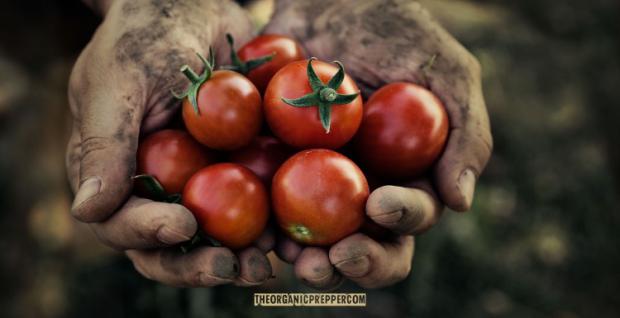
Breaking News
 If You Grew Up In The 1970s, You Probably Possess These Rare Traits
If You Grew Up In The 1970s, You Probably Possess These Rare Traits
 EVEN More SUPER SHADY Financial Dealings At TPUSA!
EVEN More SUPER SHADY Financial Dealings At TPUSA!
 British woman warns American about the Rise of Islam...
British woman warns American about the Rise of Islam...
 Saks Global prepares for bankruptcy after missing debt payment, WSJ reports
Saks Global prepares for bankruptcy after missing debt payment, WSJ reports
Top Tech News
 Laser weapons go mobile on US Army small vehicles
Laser weapons go mobile on US Army small vehicles
 EngineAI T800: Born to Disrupt! #EngineAI #robotics #newtechnology #newproduct
EngineAI T800: Born to Disrupt! #EngineAI #robotics #newtechnology #newproduct
 This Silicon Anode Breakthrough Could Mark A Turning Point For EV Batteries [Update]
This Silicon Anode Breakthrough Could Mark A Turning Point For EV Batteries [Update]
 Travel gadget promises to dry and iron your clothes – totally hands-free
Travel gadget promises to dry and iron your clothes – totally hands-free
 Perfect Aircrete, Kitchen Ingredients.
Perfect Aircrete, Kitchen Ingredients.
 Futuristic pixel-raising display lets you feel what's onscreen
Futuristic pixel-raising display lets you feel what's onscreen
 Cutting-Edge Facility Generates Pure Water and Hydrogen Fuel from Seawater for Mere Pennies
Cutting-Edge Facility Generates Pure Water and Hydrogen Fuel from Seawater for Mere Pennies
 This tiny dev board is packed with features for ambitious makers
This tiny dev board is packed with features for ambitious makers
 Scientists Discover Gel to Regrow Tooth Enamel
Scientists Discover Gel to Regrow Tooth Enamel
 Vitamin C and Dandelion Root Killing Cancer Cells -- as Former CDC Director Calls for COVID-19...
Vitamin C and Dandelion Root Killing Cancer Cells -- as Former CDC Director Calls for COVID-19...
In Defense of Organic Farming

By now, even the mainstream media widely acknowledges the fertilizer shortage. Between fertilizer shortages, drought, shipping problems, and fuel shortages we face an ugly winter. And naturally, the technocratic class has been using this situation to bemoan the "Folly of Organic Farming," as Bjorn Lomborg (same Bjorn?) called it in a recent Wall Street Journal editorial, pointing to the coming food crisis as another reason why we need to trust scientists and academic experts for everything.
Don't panic. If you're interested in growing some of your own food but are not sure where to start, talk of the fertilizer shortages may find you feeling helpless and confused. Don't let the issues surrounding commercial food production discourage you from starting your own urban/suburban food production scheme.
Organic food production is not as ridiculous as people like Mr. Lomborg like to make it sound. I say this as someone who has been producing much of her own food organically, both in a suburban and a semi-rural setting, for years. But we need to mentally separate the issues surrounding industrial-scale food production from what you're likely to encounter in planning your own garden.



